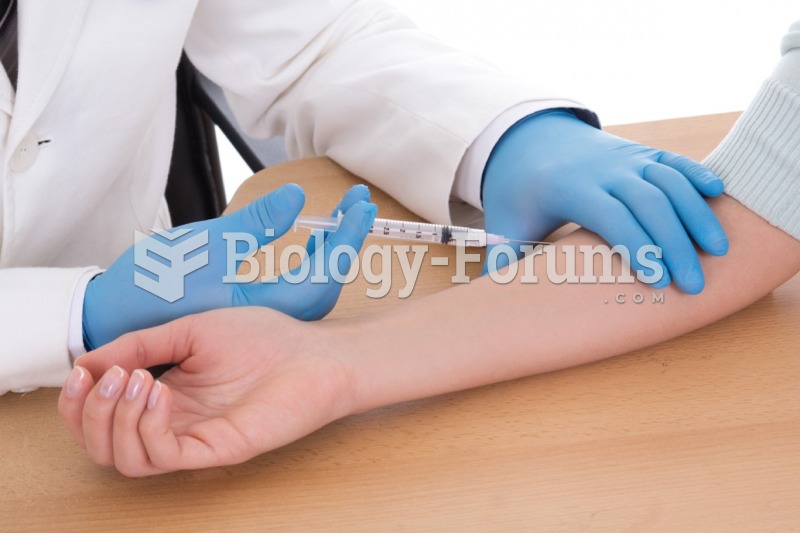|
|
|
The National Institutes of Health have supported research into acupuncture. This has shown that acupuncture significantly reduced pain associated with osteoarthritis of the knee, when used as a complement to conventional therapies.
There are 60,000 miles of blood vessels in every adult human.
By definition, when a medication is administered intravenously, its bioavailability is 100%.
In the ancient and medieval periods, dysentery killed about ? of all babies before they reach 12 months of age. The disease was transferred through contaminated drinking water, because there was no way to adequately dispose of sewage, which contaminated the water.
Asthma occurs in one in 11 children and in one in 12 adults. African Americans and Latinos have a higher risk for developing asthma than other groups.
 Audiometry exam being administered to a young child who is wearing the ear phones through which soun
Audiometry exam being administered to a young child who is wearing the ear phones through which soun
 Multiple-dose drug administration: drug A and drug B are administered every 12 hours; drug B reaches
Multiple-dose drug administration: drug A and drug B are administered every 12 hours; drug B reaches





